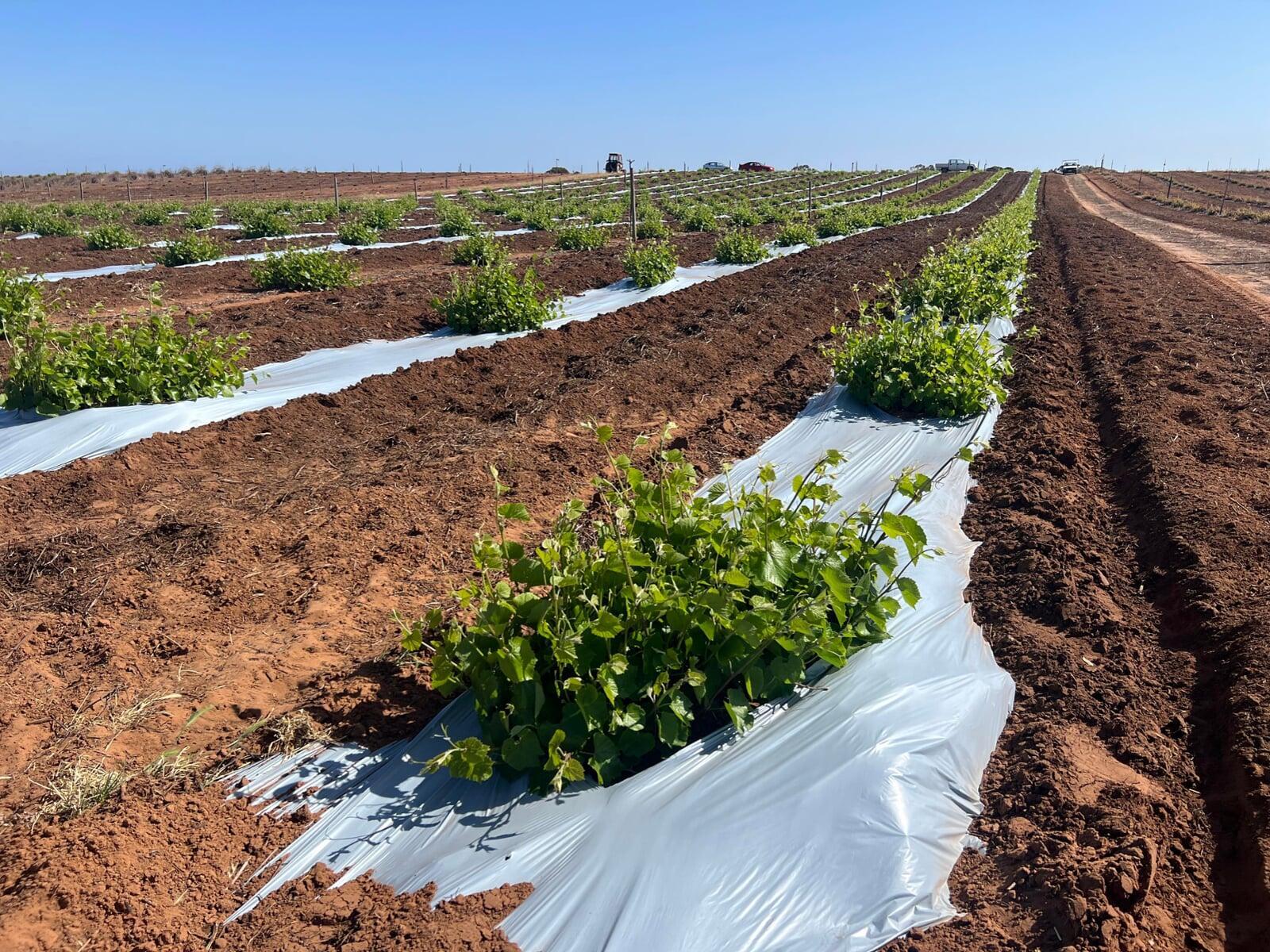
Sustainable farming is no longer just a buzzword — it is a necessity for the future of global food production. With the increasing pressure of climate change, growing populations, and limited natural resources, farmers are being forced to rethink traditional methods of agriculture.
Modern sustainable farming focuses on three key principles: environmental health, economic profitability, and social equity. Farmers are learning that long-term productivity depends on the quality of their soil, the balance of biodiversity, and the careful use of natural resources like water.
One of the most effective methods being adopted today is crop rotation. By rotating crops season after season, farmers avoid depleting soil nutrients and reduce the risk of pests and diseases. For example, alternating between legumes and cereals ensures nitrogen is naturally replenished in the soil, minimizing the need for chemical fertilizers.
Another innovation is precision farming, where technology is used to monitor soil conditions, moisture levels, and crop health in real time. Drones and sensors allow farmers to apply water and fertilizer only where needed, reducing waste and environmental impact.
Finally, sustainable farming emphasizes community involvement. Farmers’ markets, local co-operatives, and farm-to-table initiatives are bridging the gap between growers and consumers, encouraging healthier diets and stronger local economies.
If embraced worldwide, sustainable agriculture could help combat climate change, preserve ecosystems, and ensure food security for generations to come.
Plant-based diets are no longer just for vegans or vegetarians. Across the globe, more people are adopting plant-rich lifestyles due to health benefits, environmental concerns, and ethical reasons. Restaurants are adding plant-based options, supermarkets are stocking more alternatives, and major food brands are investing heavily in plant-based products.
One reason for this shift is health awareness. Studies consistently show that diets rich in fruits, vegetables, nuts, and legumes can lower the risk of chronic diseases like diabetes, obesity, and heart disease. Plant-based foods are also high in fiber, which improves digestion and supports long-term wellness.
Another driver is climate change. Livestock farming is a major contributor to greenhouse gas emissions. By reducing meat consumption and increasing plant-based meals, individuals can significantly lower their carbon footprint. Even one “meatless day” per week makes a measurable difference.
The food industry is responding fast. Plant-based burgers, dairy alternatives, and even seafood substitutes are becoming mainstream. Companies like Beyond Meat and Oatly have proven that sustainable eating can also be delicious.
As awareness spreads, plant-based diets are expected to grow even further, creating a global shift toward healthier people and a healthier planet.
